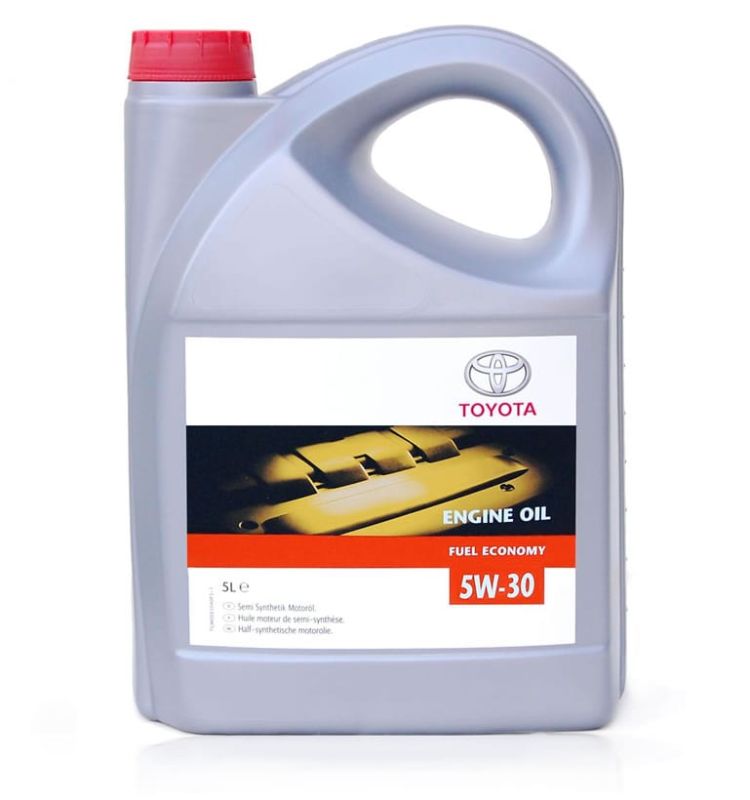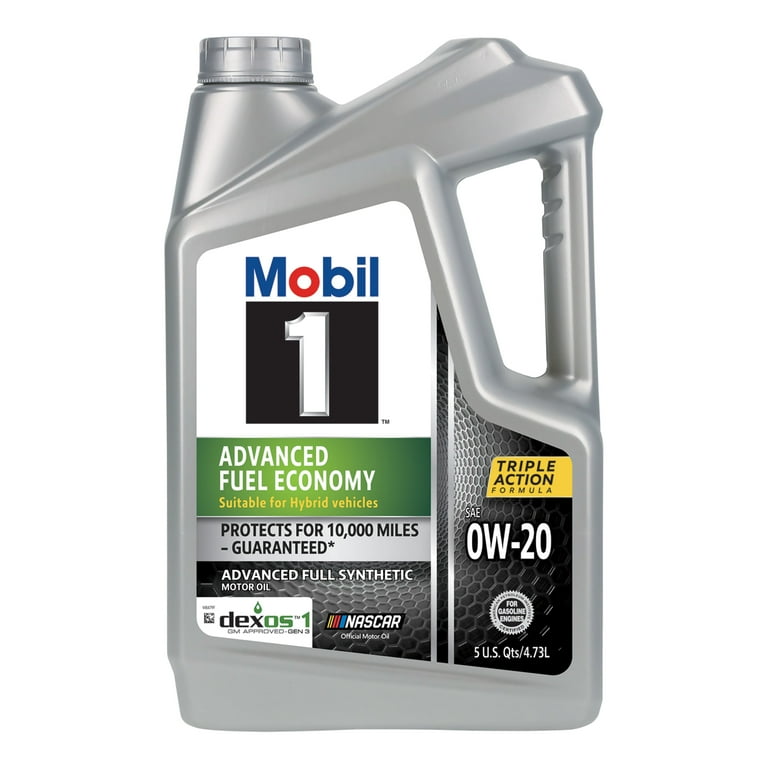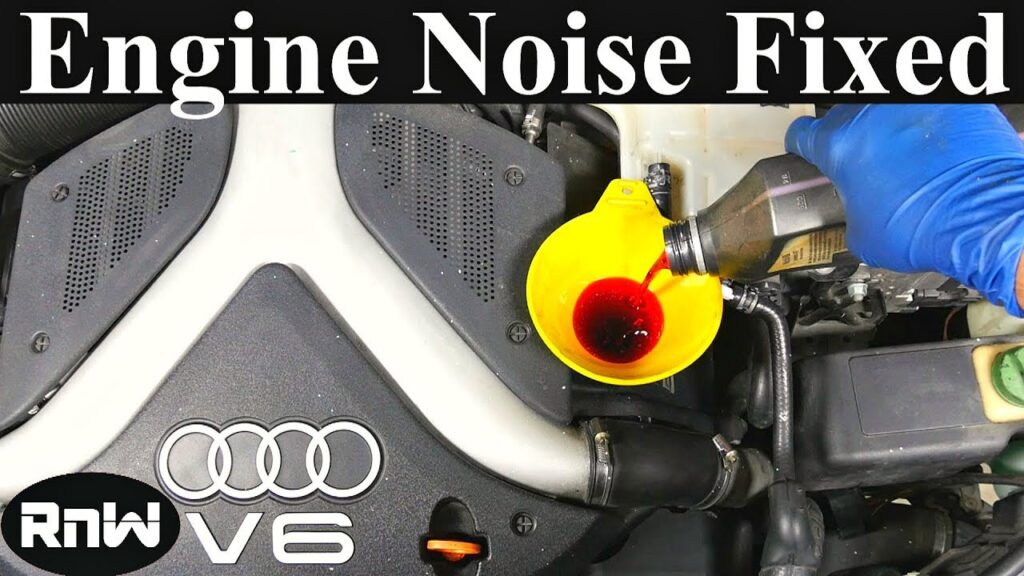For the best engine oil for fuel economy, consider Valvoline High Mileage with MaxLife Technology Synthetic Blend Motor Oil or Pennzoil High Mileage Motor Oil. These oils can help improve fuel efficiency by reducing engine friction and enabling smoother operation, ultimately leading to lower fuel consumption while still providing engine protection.
Making the switch to low-viscosity engine oil can further enhance fuel economy by allowing better oil flow through the engine. By choosing the right motor oil specifically designed for fuel efficiency, you can maximize your vehicle’s performance and save on fuel costs in the long run.

Credit: www.amazon.com
Fuel Economy And Engine Oil
Enhance fuel efficiency with the right engine oil. Choose Valvoline High Mileage or Pennzoil Synthetic for optimal mileage.
The Role Of Engine Oil In Fuel Efficiency
Engine oil plays a vital role in maintaining the health of your vehicle’s engine. In addition to lubricating the engine’s moving parts and reducing friction, it also helps to regulate engine temperature and prevent corrosion. However, did you know that your choice of engine oil can also impact your vehicle’s fuel efficiency?
How Engine Oil Viscosity Affects Mpg
Viscosity, or the thickness of the oil, can also affect a vehicle’s fuel economy. When it comes to choosing the best engine oil for fuel economy, it’s important to consider the manufacturer’s recommended viscosity range. Using oil with too high of a viscosity can increase engine drag and decrease fuel efficiency, while using oil with too low of a viscosity can result in engine wear and reduced protection. To maximize fuel economy, it’s recommended to use a low-viscosity oil that meets the manufacturer’s specifications. This can help reduce engine friction and improve the overall efficiency of the engine. Additionally, regular oil changes can also help maintain fuel efficiency by ensuring that the engine is running smoothly and with optimal lubrication. In conclusion, choosing the best engine oil for fuel economy requires careful consideration of viscosity, manufacturer recommendations, and regular maintenance. By taking these factors into account, you can help maximize your vehicle’s fuel efficiency and save money at the pump.

Credit: www.roughtrax4x4.com
Synthetic Vs. Conventional Oil
When it comes to choosing the best engine oil for fuel economy, the debate between synthetic and conventional oils often arises. Synthetic oils are chemically engineered for optimal performance, while conventional oils are derived from crude oil.
Benefits Of Synthetic Oil For Fuel Economy
- Enhanced Lubrication: Synthetic oil provides smoother lubrication, reducing friction and improving engine efficiency.
- Improved Stability: Synthetic oil maintains its viscosity better at extreme temperatures, ensuring consistent engine performance.
- Reduced Wear: Synthetic oil offers better protection against wear and tear, prolonging engine life.
- Enhanced Fuel Economy: Synthetic oil’s superior properties contribute to better fuel efficiency compared to conventional oil.
Comparing Synthetic And Conventional Oil
| Criteria | Synthetic Oil | Conventional Oil |
|---|---|---|
| Origin | Synthetic oils are chemically engineered. | Conventional oils are derived from crude oil. |
| Performance | Provides enhanced lubrication and stability. | May not perform as well under extreme conditions. |
| Viscosity | Maintains viscosity better at all temperatures. | Viscosity may vary more with temperature changes. |
| Price | Generally more expensive than conventional oil. | Usually more budget-friendly. |
High Mileage Oils
High mileage oils are specifically designed to meet the needs of older vehicles with higher mileage. These oils typically contain additives that help to rejuvenate aging engines, reduce oil consumption, and minimize leaks. If you drive a vehicle with over 75,000 miles, it’s essential to use a high mileage oil to maintain engine performance and fuel efficiency.
Advantages For Older Engines
High mileage oils offer several advantages for older engines, including:
- Reduced oil consumption
- Minimized leaks and oil seepage
- Improved engine performance
- Enhanced protection against wear and tear
Top Picks For High Mileage Vehicles
When it comes to high mileage oils, some top picks for vehicles with over 75,000 miles include:
| Oil Brand | Key Features |
|---|---|
| Valvoline High Mileage with MaxLife Technology Synthetic Blend Motor Oil | Contains special additives to rejuvenate aging engines |
| Pennzoil High Mileage Motor Oil | Formulated to reduce oil consumption and minimize leaks |
| Royal Purple High Mileage Synthetic | Offers enhanced protection against wear and tear |
Engine Oil Additives
Engine oil additives play a crucial role in enhancing fuel efficiency and maintaining the overall performance of the vehicle. These additives are specifically formulated to improve the lubricating properties of the engine oil, reduce friction, and enhance the overall efficiency of the engine. By incorporating various additives, engine oils can effectively optimize fuel economy, ultimately contributing to cost savings and reduced environmental impact.
How Additives Enhance Fuel Efficiency
Engine oil additives are designed to reduce friction between moving parts within the engine, minimizing energy loss and improving fuel efficiency. They form a protective layer on metal surfaces, preventing wear and tear, and ensuring smooth operation. Additionally, certain additives help to keep the engine clean by preventing the formation of sludge and deposits, which can negatively impact fuel consumption and overall performance.
Popular Fuel Economy Additives
- Friction Modifiers: These additives reduce friction between moving engine parts, enhancing fuel efficiency and extending engine life.
- Detergents and Dispersants: They help keep the engine clean by preventing the buildup of deposits and sludge, promoting optimal fuel economy.
- Viscosity Index Improvers: These additives ensure consistent lubrication across a wide temperature range, improving fuel efficiency in varying driving conditions.
- Anti-Wear Agents: They form a protective layer on metal surfaces, reducing wear and extending the lifespan of engine components, contributing to improved fuel economy.
Low-viscosity Oils
Low-viscosity oils are designed to offer optimal lubrication while reducing friction within the engine. These oils have a thinner consistency, which enables them to flow more easily through the engine components, resulting in improved fuel economy. Understanding the benefits of low-viscosity oils and selecting the right one for your vehicle can significantly enhance your overall driving experience.
Understanding The Benefits
Low-viscosity oils offer several key benefits, including:
- Reduced friction within the engine
- Improved fuel efficiency
- Enhanced engine performance
- Minimized wear and tear on engine components
Selecting The Right Low-viscosity Oil
When choosing a low-viscosity oil for your vehicle, it’s essential to consider the manufacturer’s recommendations and the specific requirements of your engine. Look for oils that are labeled with the viscosity grade recommended by the vehicle manufacturer. Additionally, opt for oils that meet industry standards for quality and performance, such as those approved by the American Petroleum Institute (API) or the International Lubricant Standardization and Approval Committee (ILSAC).

Credit: www.walmart.com
Oil Change Frequency
To improve fuel economy, it’s important to choose the best engine oil. High mileage synthetic blends like Valvoline High Mileage with MaxLife Technology and Pennzoil High Mileage Motor Oil are top choices. By reducing engine friction, these oils enable the engine to work more efficiently, ultimately reducing fuel consumption while still protecting the engine.
Oil Change Frequency Regular oil changes are crucial for maintaining fuel economy. Old or dirty oil can increase engine friction, causing it to work harder and burn more fuel. The frequency of oil changes depends on several factors, including the type of oil, driving conditions, and the vehicle’s age. It’s essential to follow the manufacturer’s recommendations for oil change intervals to ensure optimal fuel efficiency. Impact on Fuel Economy The frequency of oil changes directly impacts fuel economy. Fresh, clean oil reduces friction within the engine, allowing it to operate more efficiently. As a result, the vehicle consumes less fuel, leading to improved mileage. Neglecting oil changes can lead to decreased fuel efficiency and potential long-term damage to the engine. Best Practices for Oil Maintenance To maintain fuel economy, it’s important to adhere to best practices for oil maintenance. This includes: 1. Using the right type of oil for your vehicle and driving conditions. 2. Following the manufacturer’s recommended oil change intervals. 3. Checking the oil level regularly and topping it up as needed. 4. Monitoring for any signs of oil leaks or engine issues. 5. Consulting with a mechanic if you notice any abnormalities in the vehicle’s performance. By following these best practices, you can ensure that your vehicle maintains optimal fuel efficiency and performance.
Real World Testing
Real-world testing reveals the best engine oil for fuel economy maximizes efficiency by reducing engine friction, optimizing flow, and ultimately cutting fuel consumption. Choose oils like Valvoline High Mileage or Pennzoil Synthetic to enhance mileage and engine protection.
Case Studies On Fuel Economy Oils
Real-world testing of various engine oils designed to improve fuel economy has yielded promising results. Case studies have shown significant fuel savings when using specific fuel-efficient oils.
Consumer Feedback And Reviews
Consumer feedback and reviews play a crucial role in determining the effectiveness of fuel economy oils. Real-life experiences shared by users provide valuable insights into the actual benefits of using these oils.
Environmental Considerations
Enhance your fuel economy with the right engine oil choice, optimizing performance and reducing friction for improved efficiency. Consider high mileage synthetic blends like Valvoline or Pennzoil for maximum benefits. Regular maintenance and using quality oil can positively impact your vehicle’s overall fuel consumption.
Reduced Emissions With Efficient Oils
Choosing the best engine oil for fuel economy not only benefits your wallet but also the environment. Efficient oils can help in reducing the emissions from your vehicle, contributing to a cleaner environment. Low viscosity oils reduce engine friction and allow the oil to flow more effectively through the engine, leading to improved fuel efficiency. This also results in lower carbon dioxide emissions which are harmful to the environment.
Sustainable Oil Options For Eco-friendly Driving
Apart from choosing efficient oils, sustainable oil options are also available for eco-friendly driving. Synthetic oils, for example, improve engine performance by reducing wear and sludge at high temperatures. This results in better fuel efficiency, reduced emissions and a longer lifespan of the engine. Using high mileage motor oils also help in reducing engine friction, improving fuel economy, and ultimately contributing to a cleaner environment. In conclusion, choosing the best engine oil for fuel economy not only saves you money but also helps in reducing your carbon footprint. Opting for efficient oils and sustainable oil options can go a long way in making your driving eco-friendly and contributing towards a cleaner environment.
Read More: What Causes Oil in the Fuel on a 7.3 Powerstroke?
Frequently Asked Questions
Which Oil Is Best For Fuel Economy?
Choose synthetic oils with low viscosity to improve fuel economy and reduce fuel consumption. Some top options include Valvoline High Mileage, Pennzoil High Mileage, and Royal Purple High Mileage Synthetic. Regularly changing the air filter also helps maintain proper air flow for better fuel efficiency.
Which Engine Oil Gives The Best Mileage?
Valvoline High Mileage with MaxLife Technology Synthetic Blend Motor Oil offers the best mileage.
Is 5w30 Good For Fuel Economy?
Yes, 5w30 is good for fuel economy. This oil has a low viscosity, which means it flows more easily and reduces friction within the engine. This results in better fuel efficiency and lower emissions. However, it is important to use the oil recommended by the manufacturer for your specific vehicle.
Does Engine Oil Improve Fuel Efficiency?
Switching to low-viscosity engine oil reduces friction, allowing for more efficient engine operation, ultimately improving fuel efficiency.
Conclusion
Choosing the right engine oil can significantly impact fuel economy. Low-viscosity oils reduce friction, improving engine efficiency and reducing fuel consumption. Consider synthetic blends like Valvoline High Mileage or Pennzoil for better mileage and engine protection. Regular maintenance, such as changing air filters, also plays a vital role in maximizing fuel efficiency.

